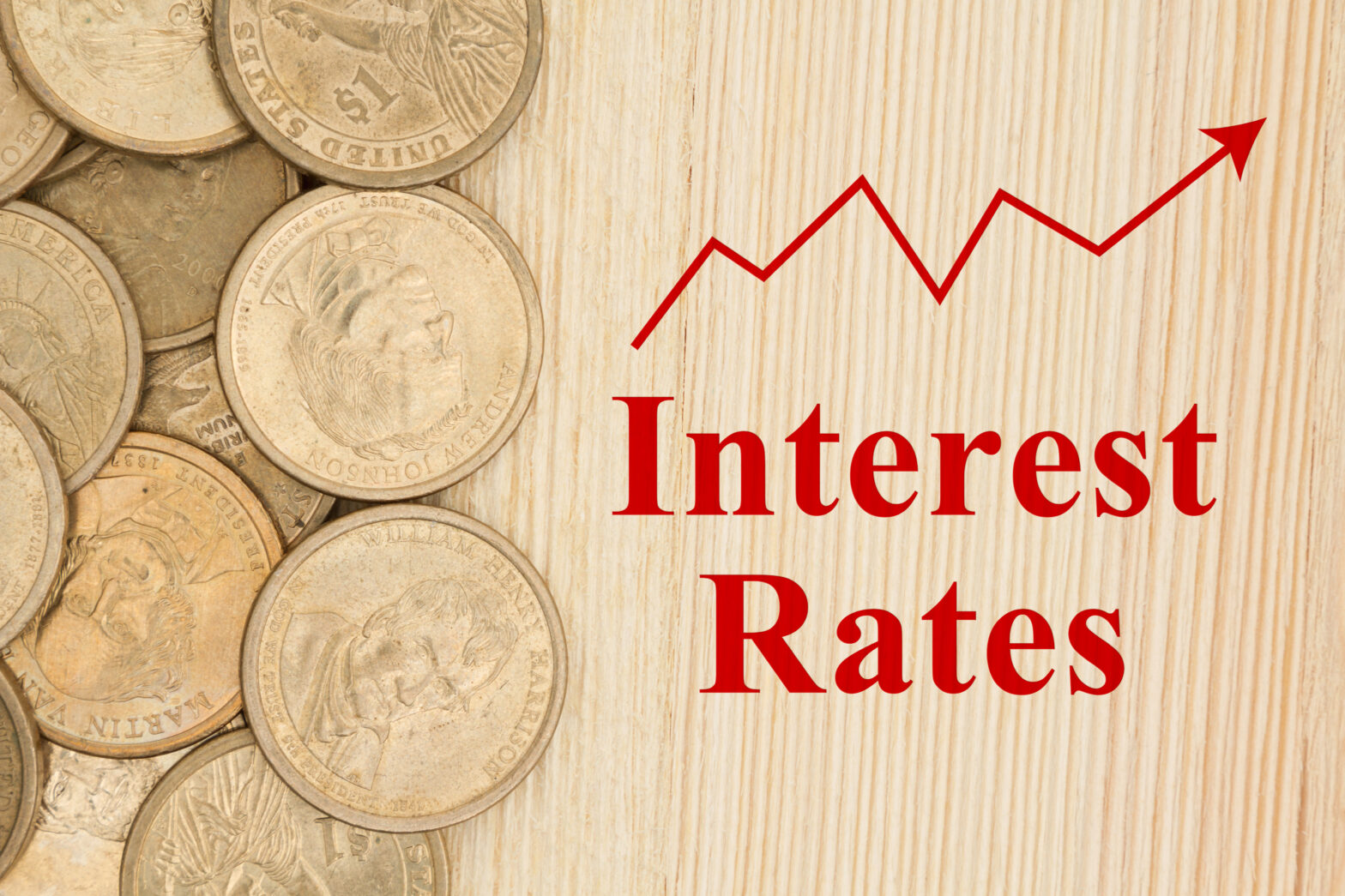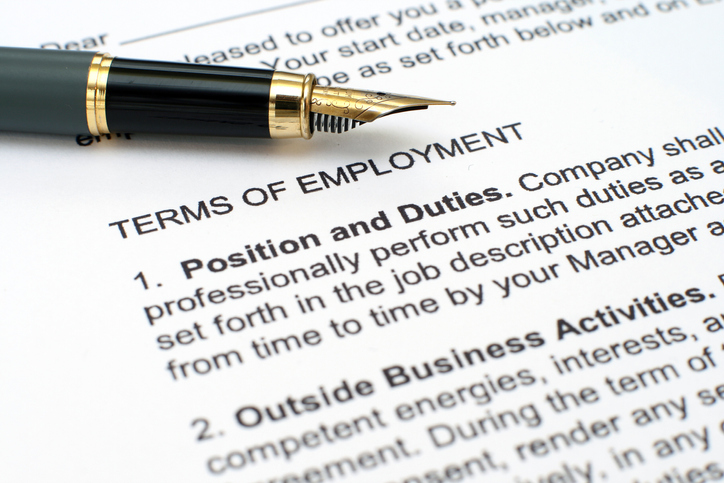Rising interest rates are often a sign of economic change in a country, and can affect every type and size of business. They make borrowing costlier, and often force businesses to have to rethink their funding/financing options. Small businesses are often the worst hit, and so must make the most extensive preparations. Here are some of the ways they can do this.
Plan/budget
Since rising interest rates can ultimately affect the amount of money coming in and out of a business, it makes sense that the first preparation should be to review the business plan and budget. Many business owners may want to shift away from funding business operations through borrowing, which may entail cutting down on some costs and tightening up on spending.
The level of cutting down depends on how much the business relies on borrowing, but it is important to think about long term solutions and whether interest rates will continue to rise. This means following the news and doing some research to try and gather how the economy will perform in the short and medium-term.
Cash flow
Keeping track of cash flow on a regular basis should be a normal part of business operations, but especially so when interest rates change. As they rise, it becomes more expensive to support cash flow with loans, and small businesses must still be able to keep up with repayments whilst maintaining healthy cash flow.
It is essential that business costs are kept to a minimum, and that payments to the business are made on time so that the cash can keep day to day operations flowing smoothly. Invoice finance could help in the event that cash flow is seriously hampered by interest rates, but it would reduce overall business profit.
Business strategy
Changes in the way the business is run may also be necessary, depending on how much interest rates rise. It is worth noting that some small business owners are also choosing to invest some money in global markets (often through online brokers like Hantec Markets) in order to increase their capital when investments come through.
If the small business has been doing well and has some capital built up, it might be worth reinvesting a significant amount back into the business in order to help it swiftly grow and expand, reducing its reliance on loans.
Fixed rate loans
Higher interest rates make it easier to borrow, but only because it is more lucrative for lenders. Fixed rate loans could well be the answer to rising interest rates, as the amount to be repaid is set at a fixed value and will not mirror rising interest rates (although falling rates would be a disadvantage).
Businesses should give themselves plenty of time to shop around and find the most cost-effective loans, and bear in mind that it will be harder to secure a fixed term loan if interest rates are due to regularly rise.
Rising interest rates can seem like a daunting prospect for small businesses. As long as they are well prepared for, they shouldn’t cause to much harm in the long run, so planning ahead is crucial to avoid the negatives of such situations.





